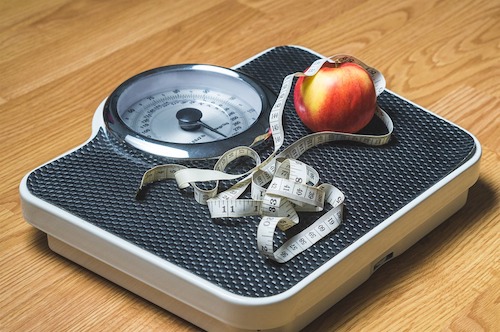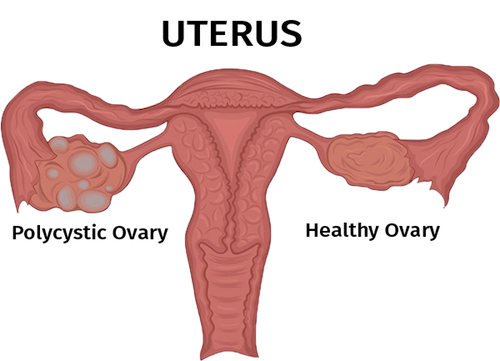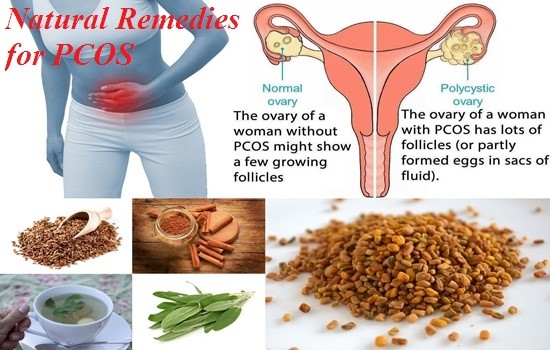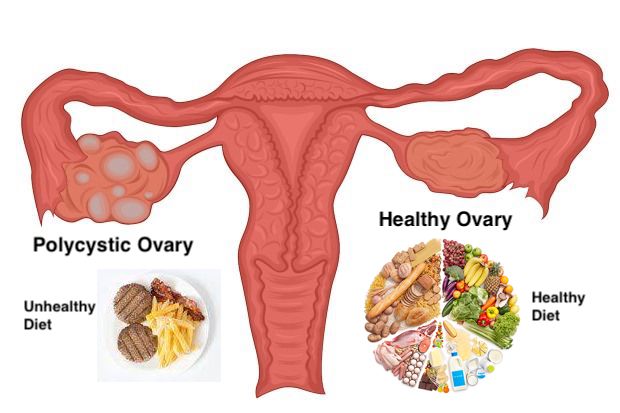The inflammation of the bladder or cystitis is known as Basti shotha or Mutrakruchra in Ayurveda. Various ayurvedic herbs help in the treatment of inflammation of the bladder and urinary tract in women.
Read this article in Kannada ಮಹಿಳೆಯರಲ್ಲಿ ಸಿಸ್ಟೈಟಿಸ್ – ಒಂದು ಆಯುರ್ವೇದ ವಿಮರ್ಶೆ (Cystitis Kannada )
Read this article in Hindi महिलाओं में सिस्टिटिस – एक आयुर्वेद दृष्टिकोण
Table of Content
Causes Cystitis as explained in Ayurveda
What are the Types of Cystitis?
Types of Cystitis according to Ayurveda
What is Cystitis?
Inflammation of the urinary bladder is known as cystitis. The inner layers of the urinary bladder become irritated and swollen. This causes pain and heat in the urinary bladder. This condition may be acute or chronic. Women are more affected by this condition than men.
In ayurvedic anatomy, the bladder is known as Basti. The inflammation of the bladder is known as Basti shotha. The urinary bladder is a marma or tissue junction. (Anything which affects marma can cause serious disorders). Hence Ayurveda gives utmost importance to the treatment of inflammation of the urinary bladder.
What Causes Cystitis?
There are various causes of inflammation of the bladder. Important ones are mentioned here.
UTI or Urinary Tract Infection
The usual cause of bladder irritation is urinary tract infection or UTI. All body fluids are sterile. Urine is not an exception to this. When urine stored in the bladder gets infected due to bacteria or fungus, it can cause inflammation of the bladder. Bacteria enter the bladder through the urethra or urinary tract. Bacteria may enter the urethra after sexual intercourse or by fecal contamination or through soiled inner wares or through bathing water in a bathtub.
Common bacteria that cause inflammation of the urinary bladder are Escherichia coli strains ( 80%), Staphylococcus ( 15% ), and Klebsiella, Enterobacter, or Proteus ( 5%). Infections by Klebsiella, Enterobacter, or Proteus are very rare and seen only in hospitalized patients.
Lowered Immunity
Good body immunity helps to fight pathogens. Lowered immunity may cause the multiplication of microbes that are already present on the skin, urinary tract, and digestive system. Increased microbes move up in the urinary tract and cause inflammation of the bladder.
Medications
Few medications which are used in chemotherapy may irritate the inner layers of the bladder. The broken-down components of these drugs can initiate the inflammation process in the bladder, during the process of elimination.
Continuous use of a catheter and Personal Hygiene Products.
Urinary catheters and personal hygiene products when used for a prolonged time, may destroy healthy flora of the bladder and lead to Urinary Tract infections causing bladder inflammation.
Exposure to radiation can also cause this condition.
Cystitis may show up due to other medical conditions like diabetes (madhumeha), kidney stones (mutrashmari), HIV, spinal injuries (aghata), Genital herpes, etc.
Causes of Cystitis as explained in Ayurveda
The great Ayurveda scholar Acharya Vagbhata explains the causes of basthi shotha as follows.
For all urinary disorders including basti shotha, the urinary bladder is the origin. The urinary bladder is like a stretchable bag that gets filled with urine. It has three openings ( 2 ureters from the kidney fill the bladder with urine and 1 urethra expels the collected urine) and thousands of minute channels or mutravaha srotas. The causative factors for diseases of the bladder enter the bladder through these three openings and minute channels or srotas.
The imbalanced tridoshas (Vata dosha, Pitta dosha, and Kapha dosha) affect the urinary bladder to cause cystitis.
Ayurveda Acharya Charaka explains the causes as follows
The inflammation of the bladder occurs when channels carrying water (udakavaha srotas) and channels carrying urine (mutravaha srotas) get vitiated by doshas.
The water channels of the body get vitiated due to the following reasons.
Exposure to heat or hot climate for a long duration.
Consuming foods that cause indigestion.
Increased consumption of alcohol.
Eating dry and hot foods which absorb more body water.
Not drinking water when you are thirsty.
The channels which carry urine or mootravaha srotas get vitiated due to the following reasons.
Indulging in a sexual act when you have an urge to urinate.
Suppression of natural urges like thirst, urination, and bowel movement.
Consuming dry and heat-generating foods.
Excess intake of alcohol
What are the Symptoms of Cystitis in Women?
The following symptoms are experienced during cystitis.
- Increased frequency of passing of urine and having a strong persistent urge to urinate frequently. Urine passed will be small in quantity. Pain and burning sensation while passing urine.
- The continuous sensation of bladder fullness.
- Pelvic discomfort with pain in the lower abdomen and low back may be felt. This pain radiates to the thighs.
- Urine may have a strong smell and appear cloudy if cystitis is due to bacterial infection. Reddish-tinged urine due to the presence of blood may also be passed.
- You may experience a low-grade fever.
What are the Types of Cystitis?
The types of cystitis depend on the factors that cause cystitis. A few important types are mentioned here.
Acute
Inflammation of the bladder that is sudden in onset
Interstitial
When bladder inflammation becomes chronic, it affects multiple layers of the bladder, causing interstitial cystitis.
Bacterial
This type occurs when bacteria enter the bladder to cause inflammation.
Radiation and Drug-Induced
When cancer patients undergo radiation therapy and chemotherapy, as a side effect bladder gets inflamed causing discomfort.
Chemical
Personal hygiene products like spermicidal jellies, spermicide diaphragm, feminine part hygiene sprays, bubble bath products, etc contain certain chemicals which may irritate the urinary tract and bladder.
Foreign body
When the urinary catheter is used for a prolonged time, it can damage tissues of the urethra and bladder. Damaged tissues are quickly infected by bacteria which can cause inflammation of the bladder.
Types of Cystitis according to Ayurveda
According to texts of Ayurveda basthi shotha or inflammation of the bladder is divided into four types, based on the vitiation of doshas involved in causing this. These are
Vataja Mutrakruchra: Basthi shotha due to vitiated Vata
Pittaja Mutrakruchra: Basthi shota due to imbalanced pitta
Kaphaja Mutrakruchra: Inflammation of bladder due to vitiated Kapha
Sannipataja Mutrakruchra: Basthi Shotha due to vitiation of all three doshas.
Also Read
(WhatsApp Dr.Savitha Suri @+ 91 6360108663/ to know more about ayurvedic treatments and remedies )
Author: Dr.Savitha Suri , Consultant Ayurvedic Physician
WhatsApp + 91 6360108663/






